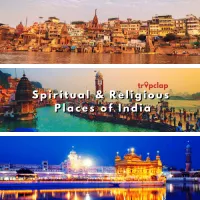Top 5 Places to visit in Uttar Pradesh
An amalgamation of culture and religion is what Uttar Pradesh is all about. Whether it's the site of one of the world's seven wonders, a UNESC - Tripclap
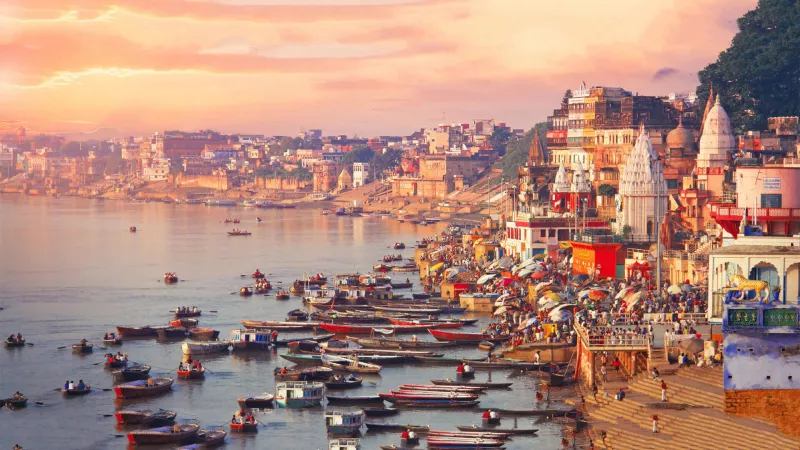
An amalgamation of culture and religion is what Uttar Pradesh is all about. Whether it's the site of one of the world's seven wonders, a UNESCO World Heritage Site, or the quintessential Hindu pilgrimage site, Uttar Pradesh celebrates India's demographics at its best. According to a recent study, Uttar Pradesh has one of the highest ranks of tourism in India. Uttar Pradesh is captivating because of its vivid culture and traditions. A place where not only mythology (Mahabharata and Ramayana) is celebrated but also the sites of eminent cuisine and architecture are preserved, which is a source of admiration.
The current state of Uttar Pradesh has a long and varied history. During the Vedic period, the region was known as Kuru-jana-pradesha and was ruled by the Kuru dynasty. The Mahabharata, India's great epic, is set in this region. The Mahabharata War took place there, and the Hindu god Rama was born there. The region was also ruled by the Nanda and Maurya dynasties. The region was conquered by Chandragupta Maurya in the fourth century BC. The region was then passed down to the Gupta and Harsha dynasties. In the 12th century, the region was conquered by the Muslim Delhi Sultanate. In the 16th century, the Delhi Sultanate was succeeded by the Mughal Empire. In the nineteenth century, the British Raj supplanted the Mughal Empire. The region became a part of the independent Republic of India in 1947. The region was divided into the states of Uttar Pradesh and Bihar in 1950. In the year 2000, Uttar Pradesh was divided into several new states.
Uttar Pradesh has maintained its stature and has left an impression in people's minds that glorifies ancient India. Some of the places you should go are listed below.
Per Person
11,000
*EXCLUDING APPLICABLE TAXES 5.0 Ratings
( 21 Reviews )
( 21 Reviews )
Per Person
11,499
*EXCLUDING APPLICABLE TAXES 4.3 Ratings
( 218 Reviews )
( 218 Reviews )
Per Person
20,000
*EXCLUDING APPLICABLE TAXES 3.7 Ratings
( 5 Reviews )
( 5 Reviews )
Per Person
8,000
*EXCLUDING APPLICABLE TAXES 3.7 Ratings
( 5 Reviews )
( 5 Reviews )
Per Person
11,150
*EXCLUDING APPLICABLE TAXES Per Person
44,500
*EXCLUDING APPLICABLE TAXES 4.9 Ratings
( 185 Reviews )
( 185 Reviews )
Per Person
9,000
*EXCLUDING APPLICABLE TAXES 3.7 Ratings
( 5 Reviews )
( 5 Reviews )
Per Person
12,500
*EXCLUDING APPLICABLE TAXES 3.7 Ratings
( 5 Reviews )
( 5 Reviews )
Per Person
7,000
*EXCLUDING APPLICABLE TAXES 3.7 Ratings
( 5 Reviews )
( 5 Reviews )
Per Person
15,000
*EXCLUDING APPLICABLE TAXES 3.7 Ratings
( 5 Reviews )
( 5 Reviews )
Revisit the Mughal Era at Agra
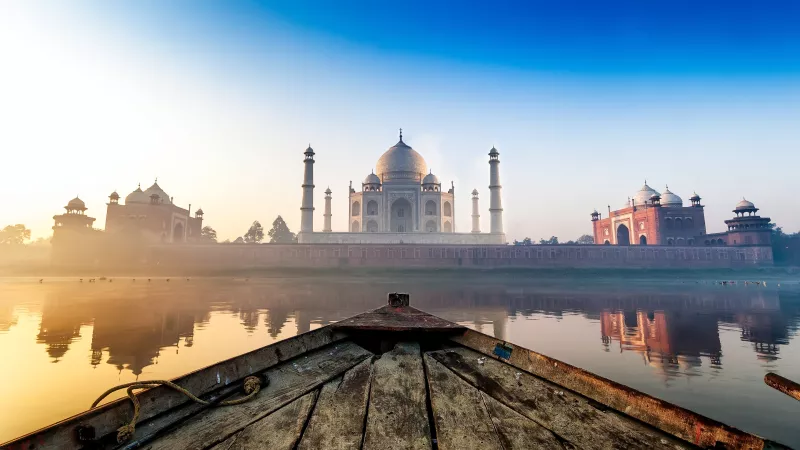 View Gallery - 6
View Gallery - 6 Located on the banks of Yamuna River, Agra is sited with great architectural monuments and is filled with a rich historical background. It is home to the iconic Taj Mahal, one of the Seven Wonders of the World and also a major tourist destination.
The city of Agra has a long and rich history. The city was first mentioned in the epic Mahabharata, where it was called Agrevaṇa. It was mentioned in the Allahabad Pillar Inscription of Samudragupta as Agrevana. It was originally known as Akbarabad and was founded by the Mughal Emperor Akbar in 1556. It served as the capital of the Mughal Empire from 1556 to 1658. After the Mughal Empire collapsed, the city came under the rule of the Maratha Empire. In 1803, the Maratha Empire was overthrown, and Agra came under the rule of the British East India Company. In 1835, the British East India Company was dissolved, and Agra became a part of the British Raj. The city remained under British rule until India gained independence in 1947.
Agra is a major tourist destination in India, with numerous monuments dotting the city. Places like Jahangir Mahal, Akbar’s Tomb, Agra Fort, and Mehtab Bagh are some of the iconic places to visit. One must try authentic Mughal cuisine and enjoy the best of it.
Places to visit in Uttar Pradesh
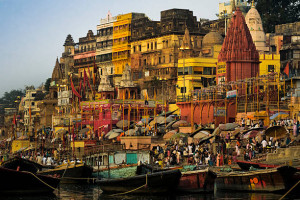
Allahabad
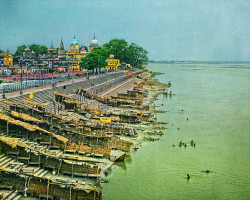
Ayodhya
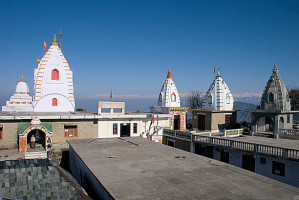
Bilaspur
Chail
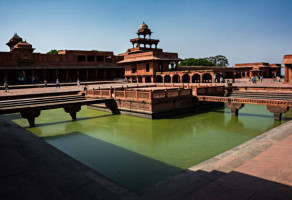
Fatehpur

Ghaziabad

Kota
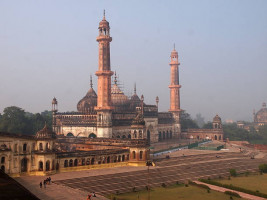
Lucknow
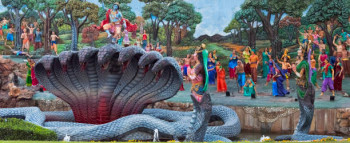
Mathura
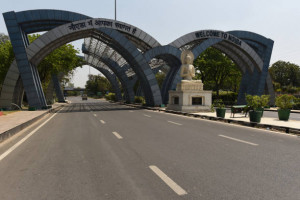
Noida
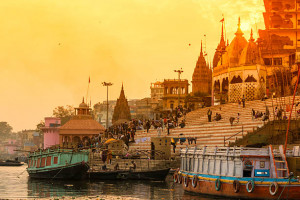
Varanasi
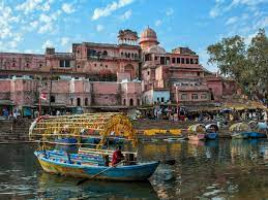
Chitrakoot
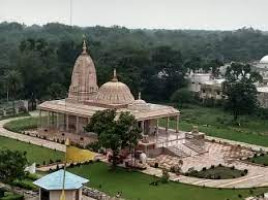
Hastinapur
Vrindavan

Mughalsarai
Agra, Uttar Pradesh Tour Packages
Per Person
20,000
*EXCLUDING APPLICABLE TAXES 5.0 Ratings
( 108 Reviews )
( 108 Reviews )
Per Person
20,000
*EXCLUDING APPLICABLE TAXES 5.0 Ratings
( 108 Reviews )
( 108 Reviews )
Per Person
13,500
*EXCLUDING APPLICABLE TAXES 4.3 Ratings
( 389 Reviews )
( 389 Reviews )
Per Person
8,500
*EXCLUDING APPLICABLE TAXES 4.1 Ratings
( 56 Reviews )
( 56 Reviews )
Per Person
15,000
*EXCLUDING APPLICABLE TAXES Per Person
11,000
*EXCLUDING APPLICABLE TAXES 5.0 Ratings
( 21 Reviews )
( 21 Reviews )
Per Person
1,40,000
*EXCLUDING APPLICABLE TAXES 4.8 Ratings
( 73 Reviews )
( 73 Reviews )
Per Person
8,160
*EXCLUDING APPLICABLE TAXES 5.0 Ratings
( 108 Reviews )
( 108 Reviews )
Per Person
6,500
*EXCLUDING APPLICABLE TAXES Per Person
9,588
*EXCLUDING APPLICABLE TAXES 4.9 Ratings
( 200 Reviews )
( 200 Reviews )
Immerse yourself in Varanasi
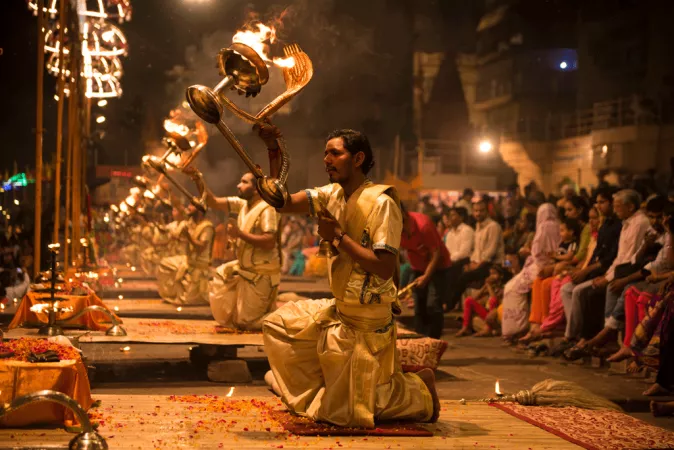 View Gallery - 6
View Gallery - 6 Located on the banks of the Ganges River, Varanasi is considered to be the most ancient and oldest city. It is considered one of the holiest cities for Hindu devotees on earth. Pilgrims come to Varanasi to bathe in the Ganges River and to pray at the city's many temples.
The district was formed in 1873 and is located in the eastern part of the state. It is bounded on the north by the district of Chandauli, on the east by the district of Jaunpur, on the south by the district of Allahabad; and on the west by the district of Mirzapur. The Ganges River flows through the district.
Varanasi is known for its many temples and for its spiritual atmosphere. It is also a major centre of Indian arts and culture. The city is also known for its silk saris, which are hand-woven with intricate designs. Simply sit on the popular Varanasi Ghats or pay your respects to multiple temples like Bharat Mata Temple, Kathwala Temple, and New Vishwanath Temple. The place is also dotted with numerous ghats, which is a perfect thing to detoxify and immerse in spirituality while admiring the Ganga Aarti.
Places to visit in Varanasi
Uttar Pradesh, Varanasi Tour Packages
Per Person
11,000
*EXCLUDING APPLICABLE TAXES 5.0 Ratings
( 21 Reviews )
( 21 Reviews )
Per Person
11,499
*EXCLUDING APPLICABLE TAXES 4.3 Ratings
( 218 Reviews )
( 218 Reviews )
Per Person
14,999
*EXCLUDING APPLICABLE TAXES 4.1 Ratings
( 56 Reviews )
( 56 Reviews )
Per Person
8,800
*EXCLUDING APPLICABLE TAXES 4.1 Ratings
( 56 Reviews )
( 56 Reviews )
Per Person
11,500
*EXCLUDING APPLICABLE TAXES 5.0 Ratings
( 21 Reviews )
( 21 Reviews )
Per Person
26,725
*EXCLUDING APPLICABLE TAXES Per Person
15,690
*EXCLUDING APPLICABLE TAXES Per Person
26,500
*EXCLUDING APPLICABLE TAXES 5.0 Ratings
( 221 Reviews )
( 221 Reviews )
Per Person
8,000
*EXCLUDING APPLICABLE TAXES 4.9 Ratings
( 200 Reviews )
( 200 Reviews )
Per Person
31,071
*EXCLUDING APPLICABLE TAXES Get spiritual at Mathura
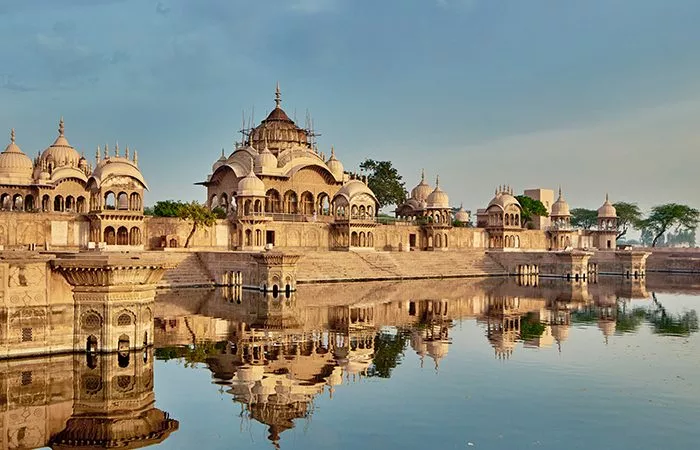 View Gallery - 6
View Gallery - 6 Mathura, another important pilgrimage site for Hindus, is about 145 kilometres from New Delhi and 50 kilometres from Agra. As the birthplace of Lord Krishna, the city is considered one of the holiest places in Hinduism.
With the Yamuna River passing by the city and an hour's drive from Vrindavan, the city is home to a plethora of temples and other religious sites. Mathura, like Varanasi, has a number of ghats that allow devotees to witness a beautiful sunset and sunrise over the Yamuna River. Aside from temples, the area is home to numerous monasteries. The location was once a Buddhist centre and is now home to several monks.
Places like Kans Quila, Krishna Janma Bhoomi Mandir, Dwarkadhish Temple, Radha Kund, Govardhan Hill, and Rangbhoomi are some of the must-visit places in Mathura. People also indulge themselves in dipping in the holy water and trekking to the Govardhan Hills. Also, don’t miss out on having the authentic Mathura Peda and jalebi.
Places to visit in Uttar Pradesh
Mathura, Uttar Pradesh Tour Packages
Per Person
20,600
*EXCLUDING APPLICABLE TAXES Per Person
13,060
*EXCLUDING APPLICABLE TAXES 4.9 Ratings
( 200 Reviews )
( 200 Reviews )
Per Person
10,900
*EXCLUDING APPLICABLE TAXES Per Person
7,769
*EXCLUDING APPLICABLE TAXES 4.9 Ratings
( 200 Reviews )
( 200 Reviews )
Per Person
16,886
*EXCLUDING APPLICABLE TAXES 4.9 Ratings
( 200 Reviews )
( 200 Reviews )
Per Person
11,000
*EXCLUDING APPLICABLE TAXES 5.0 Ratings
( 21 Reviews )
( 21 Reviews )
Per Person
7,769
*EXCLUDING APPLICABLE TAXES Per Person
11,499
*EXCLUDING APPLICABLE TAXES 4.3 Ratings
( 218 Reviews )
( 218 Reviews )
Per Person
9,000
*EXCLUDING APPLICABLE TAXES Per Person
15,106
*EXCLUDING APPLICABLE TAXES 4.9 Ratings
( 200 Reviews )
( 200 Reviews )
Relish the flavour of Lucknow
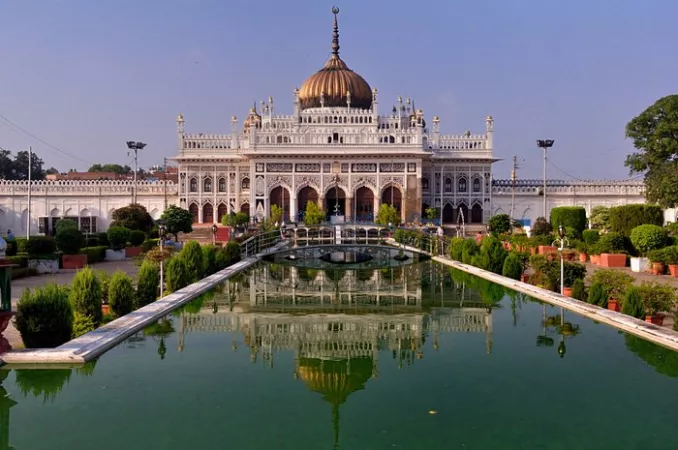 View Gallery - 6
View Gallery - 6 Also known as the land of Nawabs, Lucknow is the capital of Uttar Pradesh.
The first mention of Lucknow is in the epic Mahabharata, where it is mentioned as one of the seven sacred cities of India. The city was founded in the 16th century by the Mughal Emperor Akbar, who named it after his favourite wife, Lakhnau. Lucknow passed through a period of decline in the 18th century, but was revived in the 19th century by the British, who made it the capital of their province of Awadh (Oudh). Lucknow prospered under British rule, and the city became known for its refined culture and its elegant architecture, including the famous Bara Imambara, the Rumi Darwaza, and the Chota Imambara. The city was also home to a large Muslim community, which played a significant role in the development of Urdu poetry and culture.
Not only that, the city is home to several renowned educational agglomerates. The Lucknow University, Allahabad University, the Central Drug Research Institute, and the Indian Institute of Management are some to name. The city is also noted for its cuisine, which is a blend of Awadhi, Mughlai, and North Indian styles.
Places to visit in Uttar Pradesh
Lucknow, Uttar Pradesh Tour Packages
Per Person
30,900
*EXCLUDING APPLICABLE TAXES 5.0 Ratings
( 28 Reviews )
( 28 Reviews )
Per Person
12,600
*EXCLUDING APPLICABLE TAXES Per Person
11,000
*EXCLUDING APPLICABLE TAXES 5.0 Ratings
( 21 Reviews )
( 21 Reviews )
Per Person
30,900
*EXCLUDING APPLICABLE TAXES Per Person
15,600
*EXCLUDING APPLICABLE TAXES Per Person
11,499
*EXCLUDING APPLICABLE TAXES 4.3 Ratings
( 218 Reviews )
( 218 Reviews )
Per Person
12,400
*EXCLUDING APPLICABLE TAXES Per Person
13,000
*EXCLUDING APPLICABLE TAXES Per Person
25,241
*EXCLUDING APPLICABLE TAXES 4.9 Ratings
( 200 Reviews )
( 200 Reviews )
Per Person
20,000
*EXCLUDING APPLICABLE TAXES 3.7 Ratings
( 5 Reviews )
( 5 Reviews )
Learn about mythical Allahabad
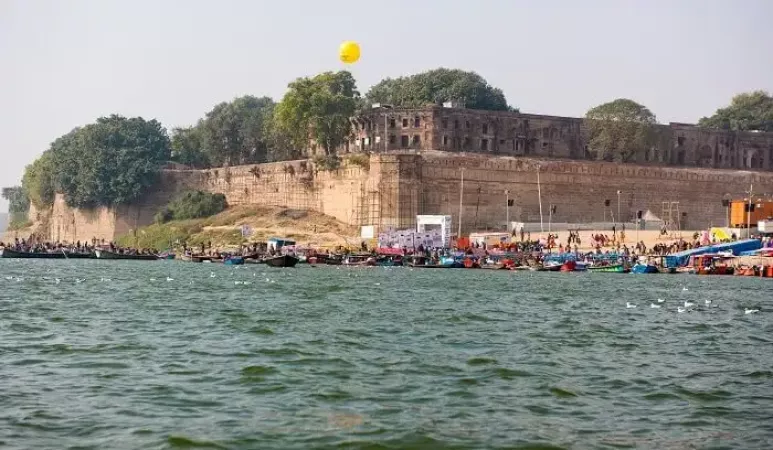 View Gallery - 6
View Gallery - 6 Another striking and historical city in Uttar Pradesh, Allahabad is one of the holiest places in Hinduism. The reason being, the city is witness to the Ganges River, India’s longest, flowing through Allahabad. It is a major tourist destination and is home to the Triveni Sangam, the confluence of the Ganges, Yamuna, and Sarasvati rivers.
The city of Allahabad was founded by the Mughal Emperor Akbar in 1575. It was known as Illahabas at that time. He named it after Allah. Allahabad was the capital of the Mughal Empire from 1585 to 1605. It was also the capital of the North-Western Provinces from 1858 to 1902.
The city witnesses the popular Kumbh Mela, a large Hindu festival that takes place every three years, in which Hindus from around the world gather to bathe in a sacred river. The festival is said to cleanse the soul and bring good luck. Legend has it that the festival was inspired by a story in Hindu scriptures in which a group of demigods known as the "Nagas" (snakes) challenged the gods to a competition to see who could gather the most sacred water from the Ganges River. The gods triumphed, but a large amount of water spilled from their urn, forming four sacred rivers: the Ganges, Yamuna, Sarasvati, and the mythical river of the underworld, Saraswati. The Kumbh Mela festival is held to commemorate the gods' victory and the formation of these sacred rivers. The festival is said to be the world's largest religious gathering, with over 100 million pilgrims attending each year.
Nonetheless, the city is home to the Allahabad Fort and the Alfred Park, which includes the Allahabad Museum. The city is also an academic hub, with Allahabad University, Mahatma Gandhi Kashi Vidyapith, and the Indian Institute of Technology Allahabad all located in Allahabad.
Places to visit in Uttar Pradesh
Per Person
12,500
*EXCLUDING APPLICABLE TAXES 5.0 Ratings
( 44 Reviews )
( 44 Reviews )
Per Person
8,500
*EXCLUDING APPLICABLE TAXES 5.0 Ratings
( 44 Reviews )
( 44 Reviews )
Per Person
15,440
*EXCLUDING APPLICABLE TAXES 5.0 Ratings
( 27 Reviews )
( 27 Reviews )
Per Person
9,800
*EXCLUDING APPLICABLE TAXES 5.0 Ratings
( 27 Reviews )
( 27 Reviews )
Per Person
16,000
*EXCLUDING APPLICABLE TAXES 5.0 Ratings
( 44 Reviews )
( 44 Reviews )
Per Person
16,000
*EXCLUDING APPLICABLE TAXES Per Person
13,500
*EXCLUDING APPLICABLE TAXES 5.0 Ratings
( 44 Reviews )
( 44 Reviews )
Per Person
19,500
*EXCLUDING APPLICABLE TAXES 5.0 Ratings
( 44 Reviews )
( 44 Reviews )
Per Person
15,000
*EXCLUDING APPLICABLE TAXES 5.0 Ratings
( 32 Reviews )
( 32 Reviews )
Per Person
12,900
*EXCLUDING APPLICABLE TAXES 4.8 Ratings
( 99 Reviews )
( 99 Reviews )

Suchismita Das
Suchismita is a PR Professional since 2018. She have worked in PR with a diverse set of clients.
She has completed her Post Graduation in M.Sc. in Media Science from Maulana Abul Kalam Azad University of Technology (MAKAUT). She completed her graduation in English Honours from Kalyani University.
In her free time, she loves sketching and painting, writing creative pieces, crafting DIY objects and binge watching her favourite shows
Explore best popularTour Packages
Tripclap connects you with top travel agents
Compare Custom Quotes and get the best package deal
1
Trusted Network Of 8000+ Agents.
2
Book everything together, including stay & transport.
3
Compare agent profiles & verified reviews.
How It Works
Compare Custom Quotes from Top Travel Agents.

Tell us about your trip

Get Custom quotes from top agents.

Choose the package you like
Latest Destinations : -
• Harihareshwar • Batu Caves • Anand • Bilaspur • Prague • Subramanya • Patiala • Neemrana • Talasari Beach • Madhyamaheshwar • Sagardwip • Tokyo • Naggar • Danta • Chele La Pass • Taipei • Ramgarh • Tharangambadi • Krabi Town • Vaishno Devi • Devbagh • Malshej Ghat • Mount Abu • Golden Triangle • Pamukkale • Ajanta and Ellora Caves • Lataguri • Dien Bien Phu • Sirsi • Matheran • Pangkor Island • Pathankot • Dantewada • Manori • Kasargod • Bach Ma National Park • Marrakech • Cooch Behar • Alleppey • Lucerne • Osian • Tura • Dharmanagar • Chambaut • Delhi • Corsica • Kalpetta • Dubare • Rajabhatkhawa • Noida
• Harihareshwar • Batu Caves • Anand • Bilaspur • Prague • Subramanya • Patiala • Neemrana • Talasari Beach • Madhyamaheshwar • Sagardwip • Tokyo • Naggar • Danta • Chele La Pass • Taipei • Ramgarh • Tharangambadi • Krabi Town • Vaishno Devi • Devbagh • Malshej Ghat • Mount Abu • Golden Triangle • Pamukkale • Ajanta and Ellora Caves • Lataguri • Dien Bien Phu • Sirsi • Matheran • Pangkor Island • Pathankot • Dantewada • Manori • Kasargod • Bach Ma National Park • Marrakech • Cooch Behar • Alleppey • Lucerne • Osian • Tura • Dharmanagar • Chambaut • Delhi • Corsica • Kalpetta • Dubare • Rajabhatkhawa • Noida
Best Selling Domestic Tour Packages : -
Kashmir Tour Packages Andaman Tour Packages Kerala Tour Packages Shimla Tour Packages Manali Tour Packages Sikkim Tour Packages Uttarakhand Tour Packages Rajasthan Tour Packages Chardham Tour Packages Gujarat Tour Packages Rameswaram Tour Packages Gangtok Tour Packages Goa Tour Packages Jaipur Tour Packages Ooty Tour Packages Jim Corbett Tour Packages Mussoorie Tour Packages Kanyakumari Tour Packages Meghalaya Tour Packages Ladakh Tour Packages
Kashmir Tour Packages Andaman Tour Packages Kerala Tour Packages Shimla Tour Packages Manali Tour Packages Sikkim Tour Packages Uttarakhand Tour Packages Rajasthan Tour Packages Chardham Tour Packages Gujarat Tour Packages Rameswaram Tour Packages Gangtok Tour Packages Goa Tour Packages Jaipur Tour Packages Ooty Tour Packages Jim Corbett Tour Packages Mussoorie Tour Packages Kanyakumari Tour Packages Meghalaya Tour Packages Ladakh Tour Packages
Best Selling International Tour Packages : -
Dubai Tour Packages Bali Tour Packages Singapore Tour Packages Thailand Tour Packages Maldives Tour Packages Bhutan Tour Packages Vietnam Tour Packages Mauritius Tour Packages Nepal Tour Packages Europe Tour Packages Sri lanka Tour Packages Turkey Tour Packages Malaysia Tour Packages Azerbaijan Tour Packages
Dubai Tour Packages Bali Tour Packages Singapore Tour Packages Thailand Tour Packages Maldives Tour Packages Bhutan Tour Packages Vietnam Tour Packages Mauritius Tour Packages Nepal Tour Packages Europe Tour Packages Sri lanka Tour Packages Turkey Tour Packages Malaysia Tour Packages Azerbaijan Tour Packages
Certified
We accept (more)
Members of
Media Recognition
Trusted Partners
Award
Copyrights © TripClap. All Rights Reserved


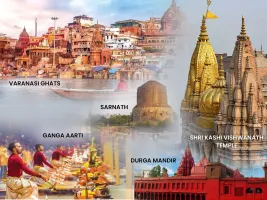

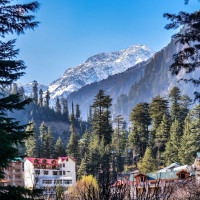


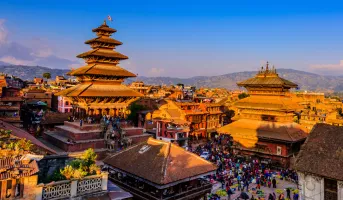
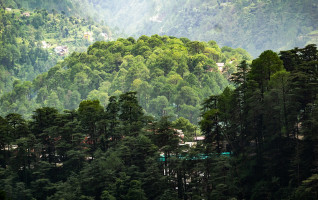

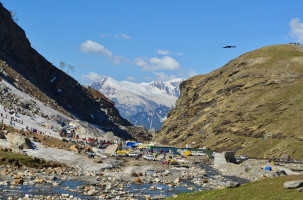
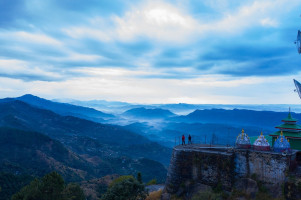
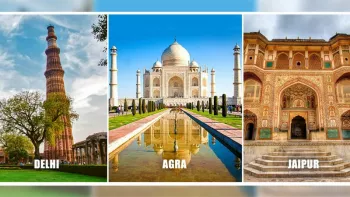
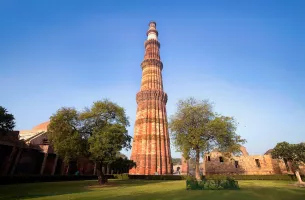
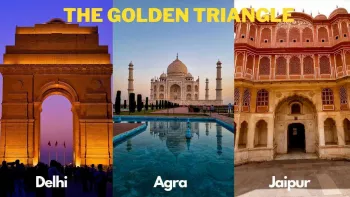
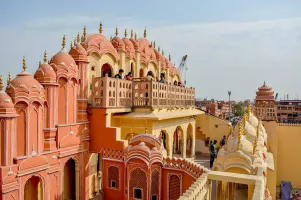
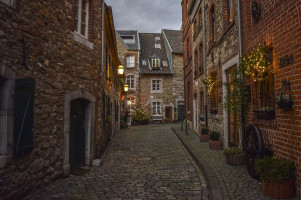
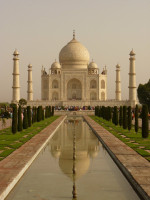
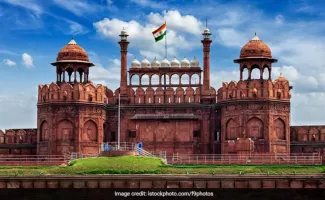

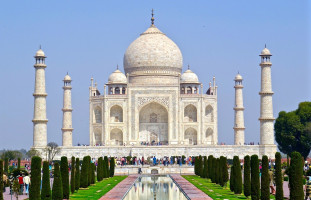


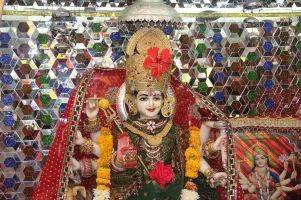
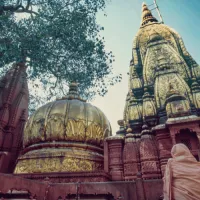
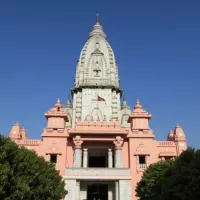
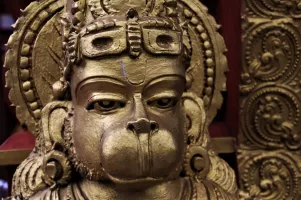

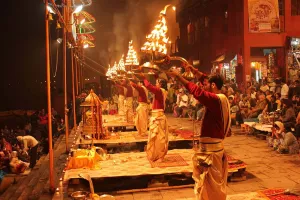
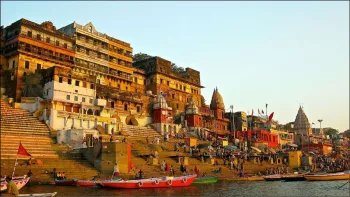
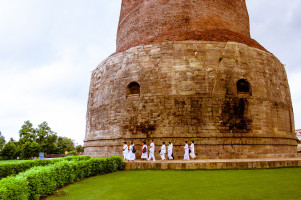
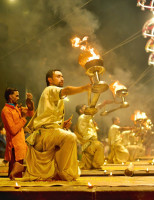
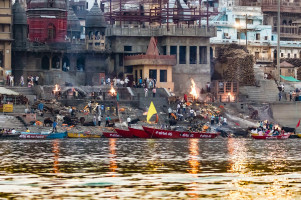
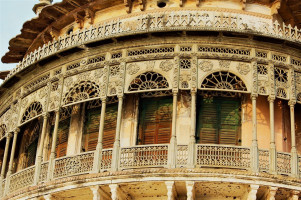
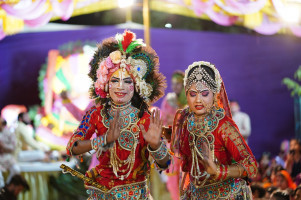
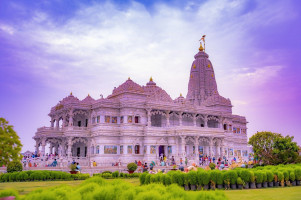
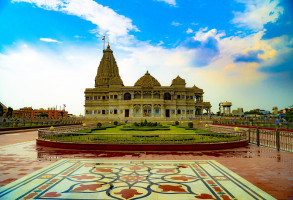
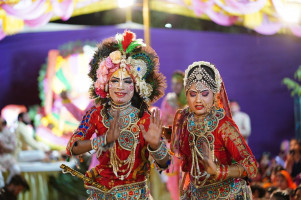
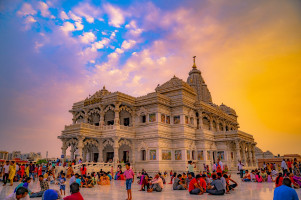
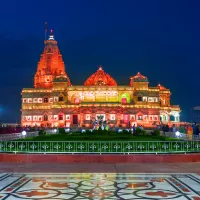
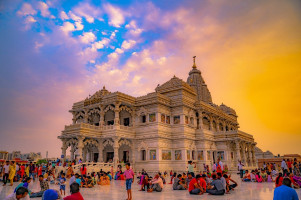

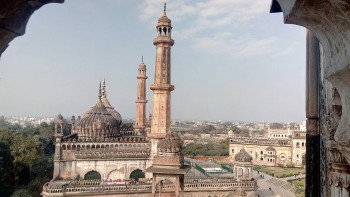

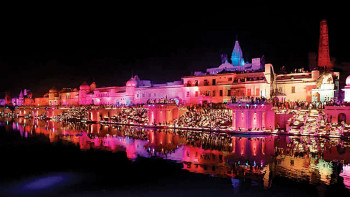
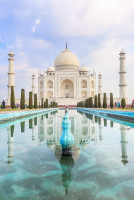
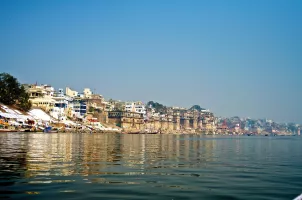
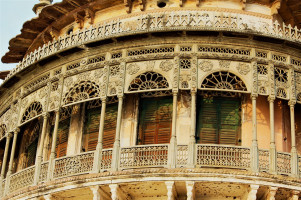

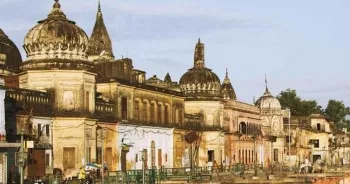
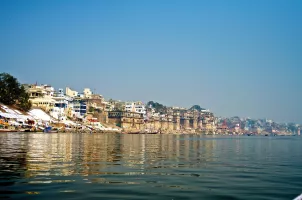
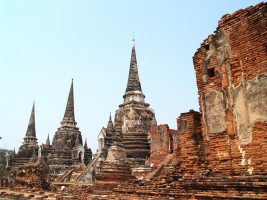


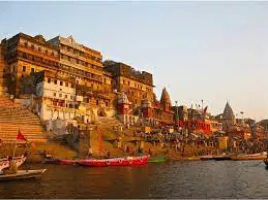
 May
May June
June July
July August
August September
September October
October November
November December
December January
January February
February March
March April
April








